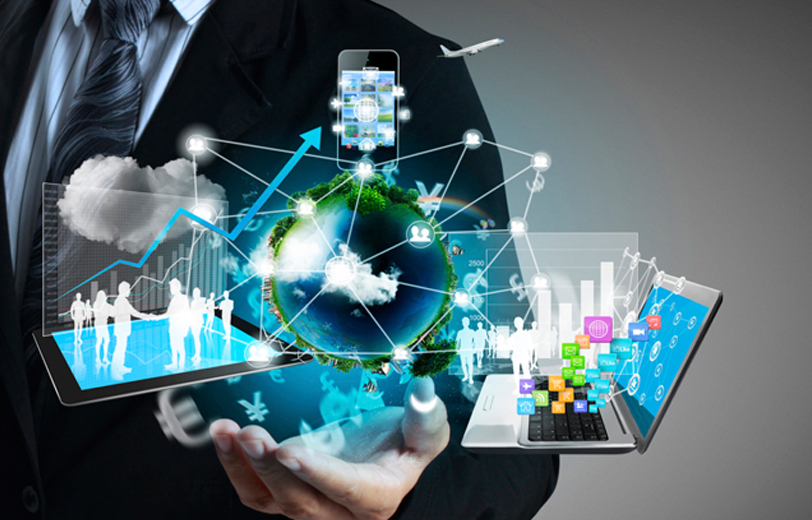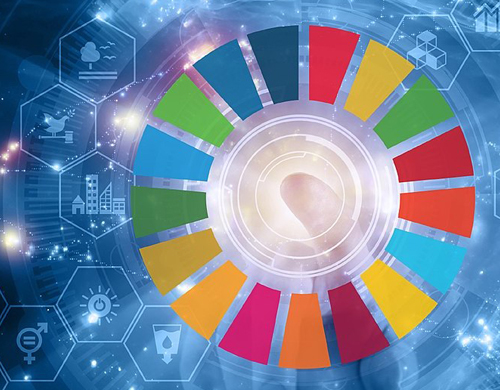ABOUT
ABOUT

THIS YEAR'S THEME
THIS YEAR'S THEME

Great Transformation: The New Deal for a Sustainable Future
The world is threatened by the dark cloud of two crises: ecological challenges such as climate change, and socioeconomic inequalities. Scientists now warn that we have less than 20 years to limit devastating global warming to below the threshold. The dense clouds of fine dust blanketing Seoul raises alarms about a coming environmental crisis. The other side of this crisis coin is inequality. The “99 to 1” phrase has now become part of our everyday vocabulary. Increasing inequality has deepened divisions and conflicts, resulting in a strong populist surge.
In fact, ecological and socioeconomic crises stem from the same causes. Free market ideology that worships growth and where the winner takes all has aggravated the crises. Indeed, the broken promise of growth has failed to bring neither wealth distribution nor responsible environmental management.
In 2015, 193 countries adopted the Sustainable Development Goals (SDGs) set by the UN. The 17 goals provide a shared blueprint for all countries, developed and developing alike, to balance the three dimensions of sustainable development—the economic, social and environmental—by addressing the global challenges we face, including those related to climate change and inequality. The reality fails to meet the misguided expectations. Trump’s withdrawal from the Paris Climate Accord in 2017 is one of the many decisions that have undercut the foundation of global governance. Not only is growing inequality fueling public anger, but also the lobbying of the fossil fuel industry keeps chasing aggressive growth.

The world is running out of time. If we fail to transition away from the current trend, future generations could face a disaster. Humans must thus regard economic and environmental issues as inseparable and interdependent, and unleash their imagination to rethink the economic recovery in the context of sustainable development. Progress must be made towards socioeconomically fair and ecologically resilient well-being that allows people to flourish. The world needs to redesign the production and distribution system within planetary boundaries. The economic and social structures need to be re-sketched to guarantee all human rights.
This requires a new consensus and action. Activist Naomi Klein states: “climate change is a war capitalism is waging against life on earth, under which capitalism is easily winning.” As a matter of fact, democracy has failed to act on climate change and inequality in many countries, as policies have been distorted in the direction of elite economic interests and money politics. democratic politics founded on inclusion and participation must thus strike a balance between ecology and distribution while calming the growth craze.
Such transformation can create new opportunities for businesses that lead innovation. By adopting eco-friendly technologies and investing in new technologies of the future, businesses will not only accelerate environmental goal achievement but also create internal growth and jobs. Above all, businesses will be able to take the lead in the new era where environmental measures define trade barriers and technology standards.
Change is already taking place in every corner of the world. Against this backdrop, the 10th Asia Future Forum will serve as a stimulating platform that triggers a paradigm shift towards a safe society and fair economy.
